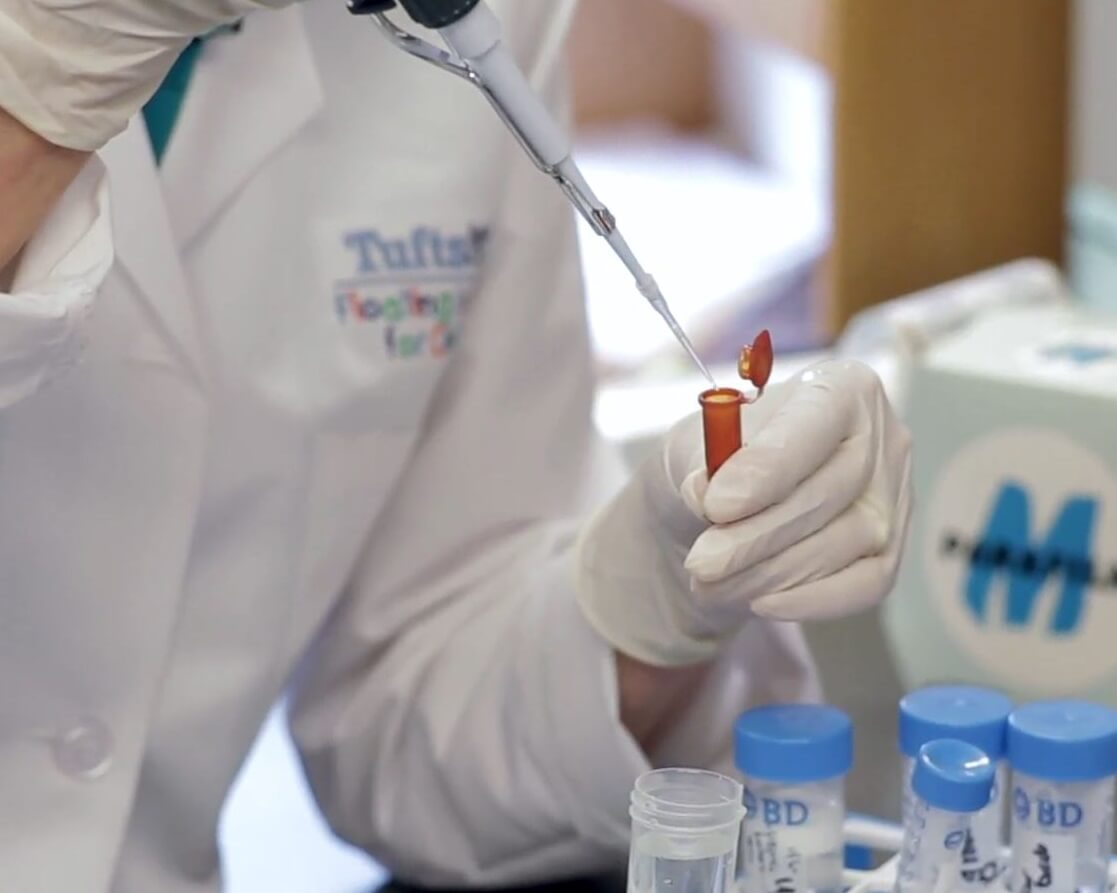Noninvasive prenatal testing using sequencing of cell-free DNA in the mother’s plasma is the fastest growing area of prenatal testing. But a new study shows that when test results come back with a false positive, it might actually be a red flag for cancer in the mother, according to a new study published in JAMA online.
“There’s a very rare situation in which the mother has cancer, [and that] cancer DNA can cause a discrepancy between the prenatal fetal genetic screening test and the fetal chromosome test,” said lead investigator Diana W. Bianchi, MD, in a JAMA interview. “The fetal chromosomes are normal, but the prenatal test shows an aneuploidy is reported.”
Dr. Bianchi, executive director of the Mother Infant Research Institute at Tufts Medical Center in Boston, along with colleagues at other centers, set out to determine the cause of this discrepancy.
In their retrospective study, they reviewed 125,426 non-invasive prenatal test results performed within a 2-year period. Of these, 3,757 women (3%) had abnormal test results involving aneuploidies of certain chromosomes; 10 of those women were subsequently diagnosed with cancer.
The researchers reviewed the medical records and additional genetic information in 8 of those women to look for patterns suggestive of an underlying cancer.
Their results, which were also presented at the 19th International Conference on Prenatal Diagnosis and Therapy in Washington, D.C., showed that each mother had different DNA imbalances all across the genome. “This suggested that it was the tumor DNA that was being shed into her blood and contributing to the abnormal pattern. The abnormal pattern really had nothing to do with the baby,” Dr. Bianchi said. All babies were born healthy.
“The conclusion of the study is that maternal cancer—which was asymptomatic at the time of the testing—can be a rare but important cause of discordant noninvasive prenatal testing results,” Dr. Bianchi said.
However, the authors added, further research is necessary to assess the clinical implications when noninvasive prenatal test results are discordant with fetal chromosome testing—and what, if any, follow-up clinical evaluation is appropriate.
Funding for this research was provided by Illumina, the manufacturer of the prenatal test used in the study.





